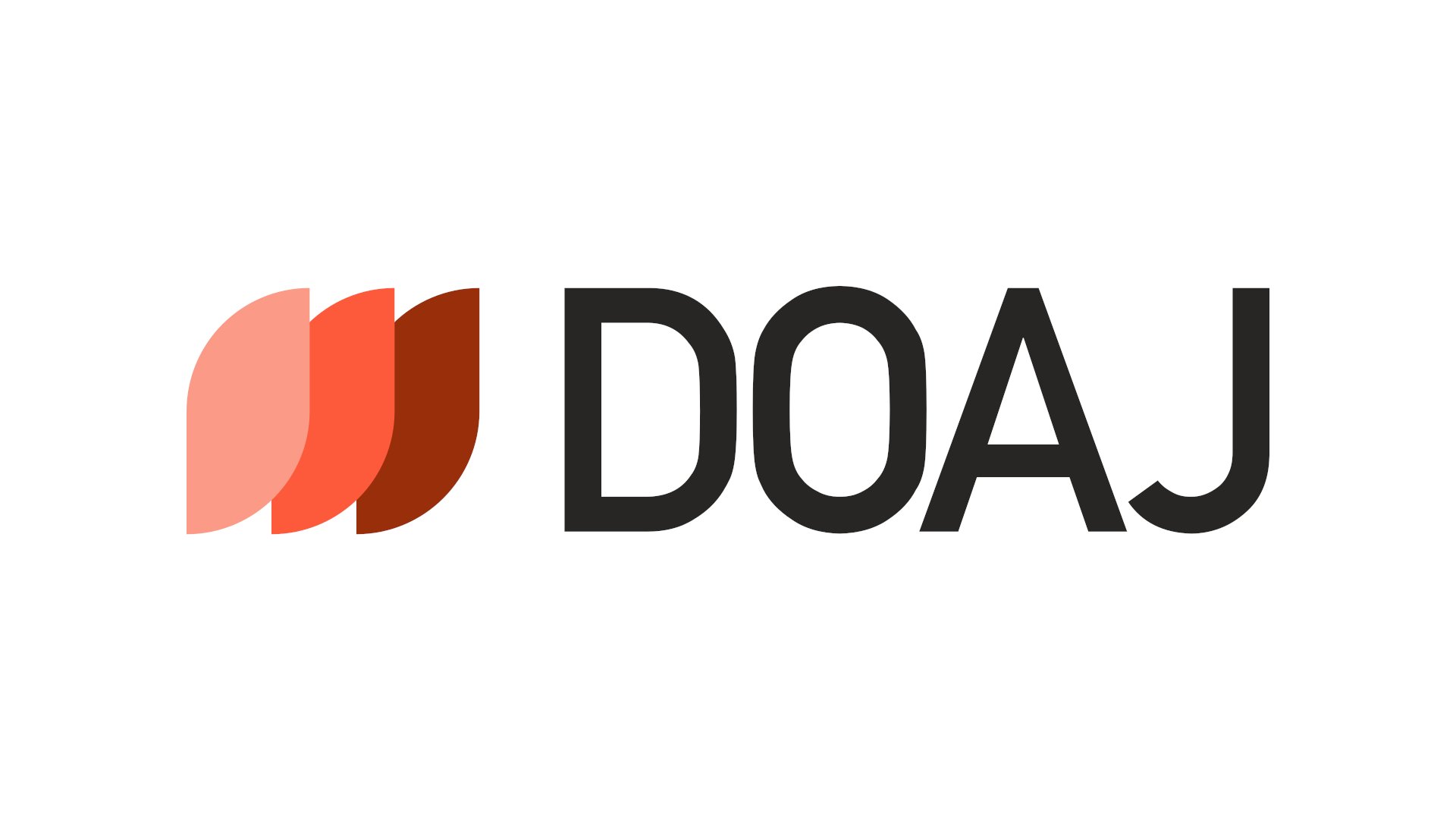The Industrial Internet of Things (IIoT) and its roles in the Fourth Industrial Revolution: A review
DOI:
https://doi.org/10.33022/ijcs.v13i2.3841Abstract
The Industrial Internet of Things and Industry 4.0 are now two highly sought-after areas of research and development, attracting significant interest from both academic and industrial sectors. The two ideas, Industry 4.0 and IIoT, share significant similarities, with Industry 4.0 being seen as the use of IIoT specifically in the automation and manufacturing sectors. Within the framework of the present Industry 4.0 paradigm, many growth pathways have emerged, collectively leading to notable enhancements in terms of efficiency, flexibility, communication, adaptability, customization, and modularity in the industrial sector. The Industry 4.0 is rapidly evolving within the framework of the Industrial Internet of Things (IIoT), and the authors are recognizing the necessity for a comprehensive and in-depth overview of the many research areas that are currently expanding. The area will remain intriguing in the foreseeable future due to its significant potential for enhancing the existing industrial technologies. An exhaustive evaluation of the current systems in the automotive sector, emergency response, and chain management on IIoT has been conducted, revealing that IIoT has been widely adopted across several technological domains. Industry 4.0 is the term used to describe the present automation and data sharing trend in businesses. Presently, there is a dearth of agreement about the assessment of an organization's readiness for Industry 4.0. Industry 4.0 encompasses a diverse array of digital technologies that profoundly influence industrial enterprises. The literature on Industry 4.0 has had significant exponential growth during the previous decade. The results of our research confirm the idea of Industry 4.0 as a concept that goes beyond the Smart Manufacturing sector, hence opening up possibilities for collaboration with other interconnected disciplines.
Published
Issue
Section
License
Copyright (c) 2024 mohammed saleem, Prof. Dr. Shavan Askar, Media Ali Ibrahim, mina Othman, Nihad Abdullah

This work is licensed under a Creative Commons Attribution-ShareAlike 4.0 International License.



